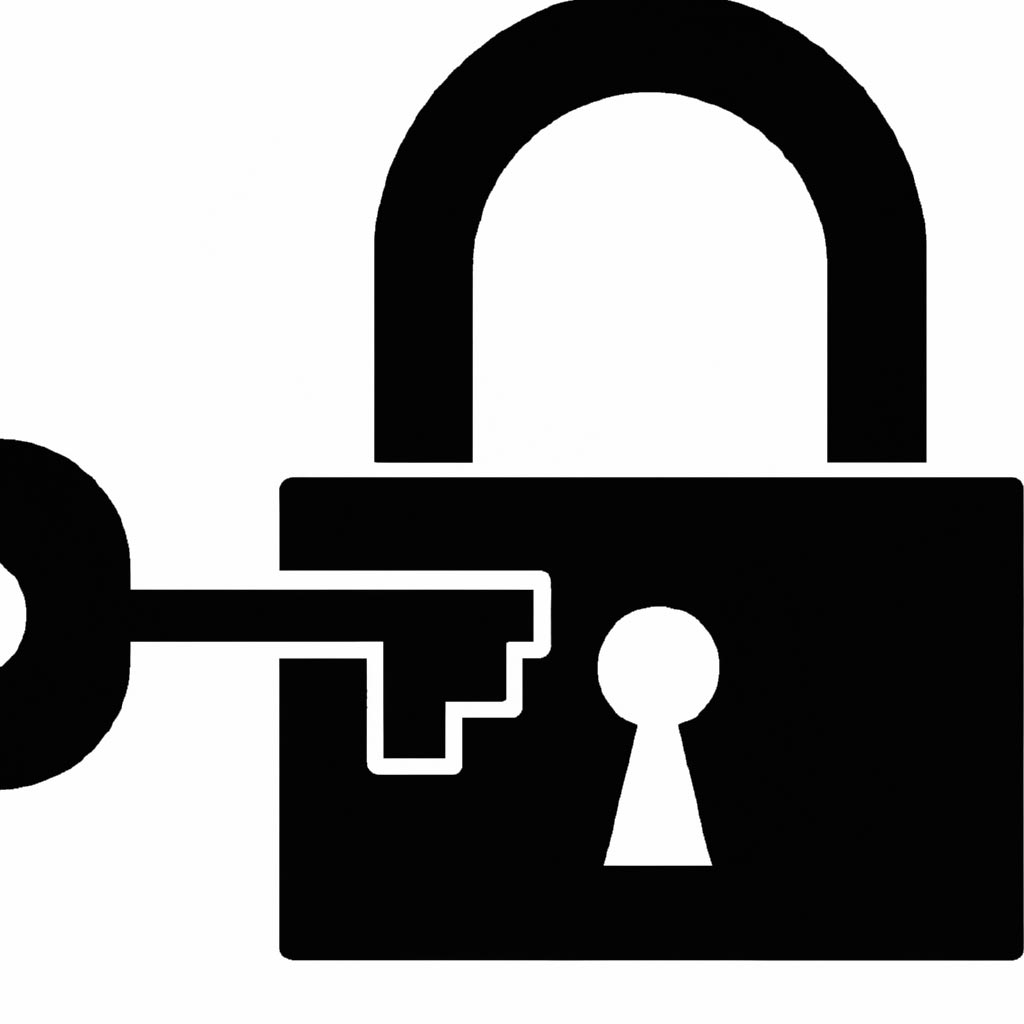As a business that relies on direct mail for success, it is crucial to prioritize data security and privacy. Failure to do so can not only lead to financial losses but also damage your reputation and erode customer trust. Here are some best practices to ensure the protection of customer information in your direct mail services:
1. Secure Facilities and Equipment: Start by ensuring that your mail processing facilities are physically secure. Implement access controls, surveillance systems, and alarm systems to prevent unauthorized entry. Additionally, secure all equipment used in the processing and handling of mail to prevent theft or tampering.
2. Employee Training and Background Checks: Your employees play a critical role in maintaining data security. Conduct thorough background checks before hiring and provide comprehensive training on data protection protocols. Make sure employees understand the importance of handling customer information with care and maintaining confidentiality.
3. Secure Data Transmission: When transmitting customer data for mail processing, use secure methods such as encrypted file transfer protocols. This ensures that data cannot be intercepted or accessed by unauthorized individuals during transmission.
4. Data Segregation: Implement strict data segregation practices to ensure that customer information is not mixed or shared with other clients’ data. This helps prevent accidental disclosure or unauthorized access to sensitive information.
5. Regular System Updates and Maintenance: Keep your mail processing software and systems up to date with the latest security patches and updates. Regularly review and test your systems for vulnerabilities, and promptly address any identified issues.
6. Secure Storage and Disposal: Safeguard customer information during storage by using secure servers or cloud-based storage solutions. When it comes to disposing of customer data, follow proper protocols for secure data destruction, such as shredding physical documents or using data erasure techniques for digital information.
7. Compliance with Legal and Regulatory Requirements: Stay informed about applicable data protection laws and regulations, such as the General Data Protection Regulation (GDPR) or the California Consumer Privacy Act (CCPA). Ensure that your direct mail services comply with these requirements to protect customer information and avoid legal consequences.
Ready to enhance your data security and protect customer information in your direct mail services? Contact RA today at 800-441-7804 or email sales@royalalliances.com to discuss how we can work together to implement the best practices and optimize your mail processing for maximum security.

